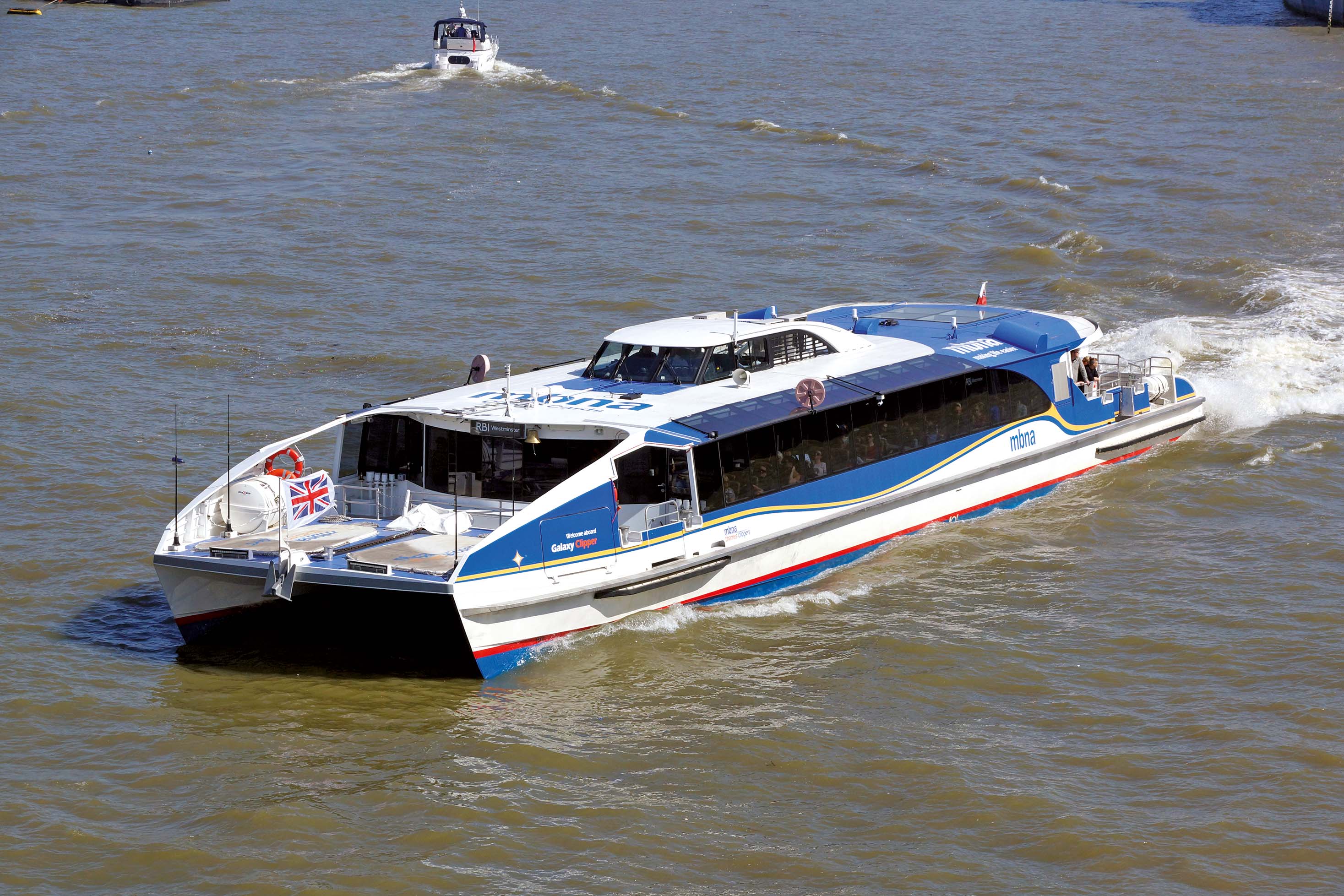Have you ever wanted to take control of a boat or ship travelling through the water? If this Boatmaster Apprenticeship sounds like something of interest, read on to find out more!
What does a Boatmaster Apprenticeship involve?
Boatmasters are essentially people who operate a vessel and navigate them through busy waterways. This could range from being the captain of a tourist boat, supporting a company in transporting bulk goods to a port, or even operating a ferry with passengers on-board.
Some of the most popular places this apprenticeship offers work on includes the Rivers Thames, Humber and Mersey. Although, sometimes Boatmasters go out in to the sea, but rest assured, you’re never far from the shore (never more than 5 miles from land).
The journeys made on these vessels are usually quite short; never more than 15 miles from the point of departure to arrival.
What are the main responsibilities?
As a Boatmaster, your main responsibilities are handling the boat or ship confidently, planning the journey or navigation, and of course to ensure safe mooring and anchoring.
You will learn how to use the equipment on-board, as well as the mechanics of the vessel, which are extremely important so you can ensure safe operation and travel.
What are some skills you will gain along the way?
Below are some of the skills and behaviours that are vital in this job role, and doing this apprenticeship will teach you most of them:
- Confidence
- Safety
- Independence
- Organisation
- Communication
- Navigation
- Manoeuvring
- Responsibility
- Leadership
- Calm under pressure
Furthermore, you will be gaining over 20 nationally recognised industry qualifications, meaning all of your work really pays off and you have lots of certificates as evidence to show for it.

What qualifications do you need to apply to this apprenticeship?
You will need to obtain a Tier 1 Level 2 Boatmasters Licence, at least before moving forward to your End-Point Assessment at the end of the apprenticeship.
Additionally, you will be required to show evidence of Level 2 English and Maths qualifications prior to taking the EPA. However, if you have had an education, health and care plan or a legacy statement, you will need Level 3 English and Maths.
Apart from these three things, you aren’t required to have any past experience with boats, as the great thing about apprenticeships are they enable you to learn while you earn. You earn not only the amazing amount of qualifications and recognition, but also a salary while all of the learning is paid for, so no need to worry about any University debt.
Where can this qualification take you?
As mentioned previously, Boatmasters can use their skills in a range of different career paths. From being in control of a ferry with passengers, getting them from one destination to another, to transporting bulk goods for a large company across the water, there’s a variety of jobs available. You can even be in charge of much bigger vessels, perhaps a cruise or a yaht, or perhaps take your love for boats further to join the Royal Navy!
Conclusion
The apprenticeship itself is a 24 month long course, resulting in a Level 3 qualification. It’s important to note that following the apprenticeship, you will need to gain additional certificates from the MCA to continue with this career path. So, the learning doesn’t stop after this 24 month period, which is great if you love to keep learning and developing!
If becoming a Boatmaster is something you’re interested in, find out more about this great apprenticeship here. Equally, if this isn’t quite your ideal career, have a look on ApprenticeTips.com for more opportunities, and find the apprenticeship that’s right for you.


